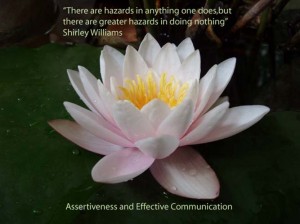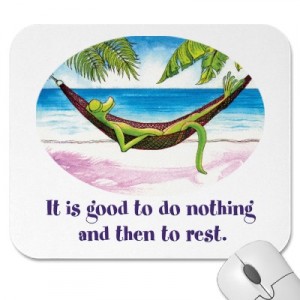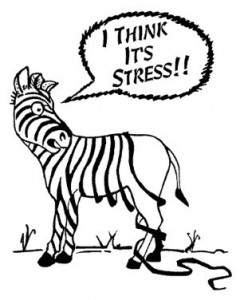 Stephen Covey calls it, “Begin With The End In Mind”. We are going to call it, Know and Like Where You Are Headed. One of the largest contributors to confidence and feeling good about yourself, is feeling like you are in control of your destiny. Much of the anger and stress felt by both teens and adults is the lack of direction and commitment to an end result. Unfortunately we get so busy with the day to day that we can forget to take a few moments on a regular basis to think about where we are headed. So we we may be going full steam – but on a path that is not ultimately where we really wanted to be. That results in STRESS!
Stephen Covey calls it, “Begin With The End In Mind”. We are going to call it, Know and Like Where You Are Headed. One of the largest contributors to confidence and feeling good about yourself, is feeling like you are in control of your destiny. Much of the anger and stress felt by both teens and adults is the lack of direction and commitment to an end result. Unfortunately we get so busy with the day to day that we can forget to take a few moments on a regular basis to think about where we are headed. So we we may be going full steam – but on a path that is not ultimately where we really wanted to be. That results in STRESS!
You will want to ask yourself some questions so you can establish what it is that you truly want to work towards. Take your time with this, and don’t be surprised that when you review your goals as time goes on, that you refine them.
- What is it that you really love doing?
- What makes you get up in the morning, excited and ready to get the day started?
- Who are your heroes in life and what is their influence on you?
- If you could do anything in the world, with money not being an object, what would it be?
- What steps will I need to take to get there? What can I do right now?
This process is not just for the career paths and big decisions. Even the smaller everyday stuff that needs to get done can be set out as short term goals and will help you get the important things done – reducing stress in your life. One more thought on this process, do not forget to be willing to ask for help or to get a coach or mentor to help you sort through your thoughts. We do not have to do this by ourselves. If we need some unbiased help, ask someone who is already doing what you think you would like to be able to do for guidance on how they got there.

 When difficult situations come up are you willing to speak up? You may ask yourself if you are being embarrassed, bullied, lied to, or having a conflict, will you share your thoughts and feelings honestly with the other person or group? Do you know how to do so effectively and without coming off as aggressive?
When difficult situations come up are you willing to speak up? You may ask yourself if you are being embarrassed, bullied, lied to, or having a conflict, will you share your thoughts and feelings honestly with the other person or group? Do you know how to do so effectively and without coming off as aggressive?
